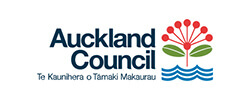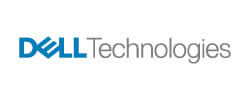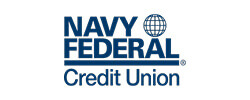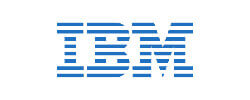IMPORTANT: PLEASE COMPLETE YOUR EXAM IN THE WEBASSESSOR EXAM PLATFORM BEFORE NOVEMBER 15, 2023. DEVOPS INSTITUTE IS TRANSITIONING EXAM PLATFORMS AFTER THIS DATE.
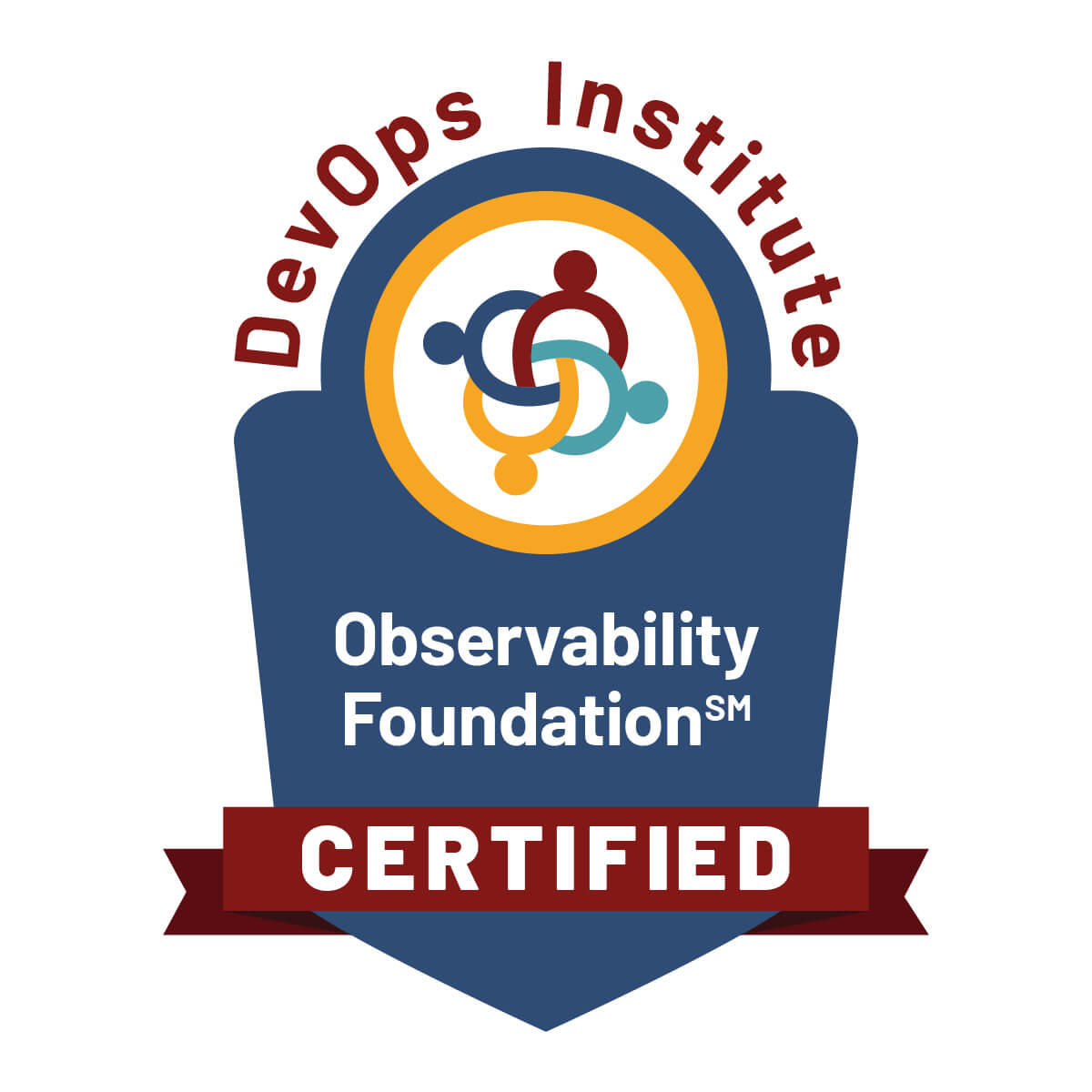
Observability Foundation℠
Microservices and cloud-native architectures have been goals of many organizations to help increase speed and agility, but as complexity grows, systems become increasingly challenging to build observability best practices.
Observability Foundation introduces a range of best practices for building full-stack observability towards advancing resilience in a distributed ecosystem. These best practices include building meaningful traces across temporal topologies, the impact of DevSecOps and AIOps on observability, and a 360-degree view of building mature observability practices.
What You'll Learn
- Implementing an Observability culture in your organization
- Understanding the basic principles of Observability including the Three Pillars and why monitoring alone is not enough
- Adopting OpenTelemetry standards to help achieve innovation and distributed tracing
- Implementing full-stack Observability and distributed tracing to enable a DevSecOps culture
- Understanding levels of the organizational observability maturity to build effective strategies
- Implementing network, container level Observability
Benefits for Organizations
- Implementing Observability effectively leads to higher business value, enhanced stability and reliability of services
- Improvement in product development, deployment, and operations life-cycle
- Increased balance between technical investment in reliability and customer experience
- Homogenous culture and greater synchronization between product, development, and operational teams improving staff morale
Benefits for Individuals
- Understanding of practical implementation of Observability, traces, spans, and their correct interpretations
- Designing Observability in services for higher security and reliability
- Building fault-tolerant distributed ecosystems that can be tested for risks of disaster
- Building AIOps intelligence in operations using the Observability pipeline
- Understanding of other roles and contributing towards creating a better workplace culture
Certification Details
Earn a credential that can lead to jobs in high growth fields
Certification Validity: 3 Years*
*Due to the recent acquisition of DevOps Institute by PeopleCert, certifications completed on the PeopleCert exam platform will have a validity period of 3 years from their date of issue as per PeopleCert’s Continuing Professional Development program.
Learn more about our Continuous Professional Development and recertification requirements to help you stay current with your skills and certifications.
Preparation: Instructor-Led Training, Online Learning, Self-Study
Qualify for In-Demand Jobs
Business Managers
Business Stakeholders
Change Agents
Consultants
DevOps Practitioners
IT Directors
System Integrators
IT Managers
IT Team Leaders
Product Owners
Scrum Masters
Software Engineers
Site Reliability Engineers
Tool Providers
Connect with Top Employers in our DevOps Institute Career Center.

“Excellent mentoring with very good case studies and study material – thoroughly enjoyed the training and certification process!”
Gayathri Rajendran
Associate Director
Cognizant Technology Solutions
Certification Blueprint
Check out the Certification Blueprint to learn more about the various topics, principles, and practices covered by this certification.
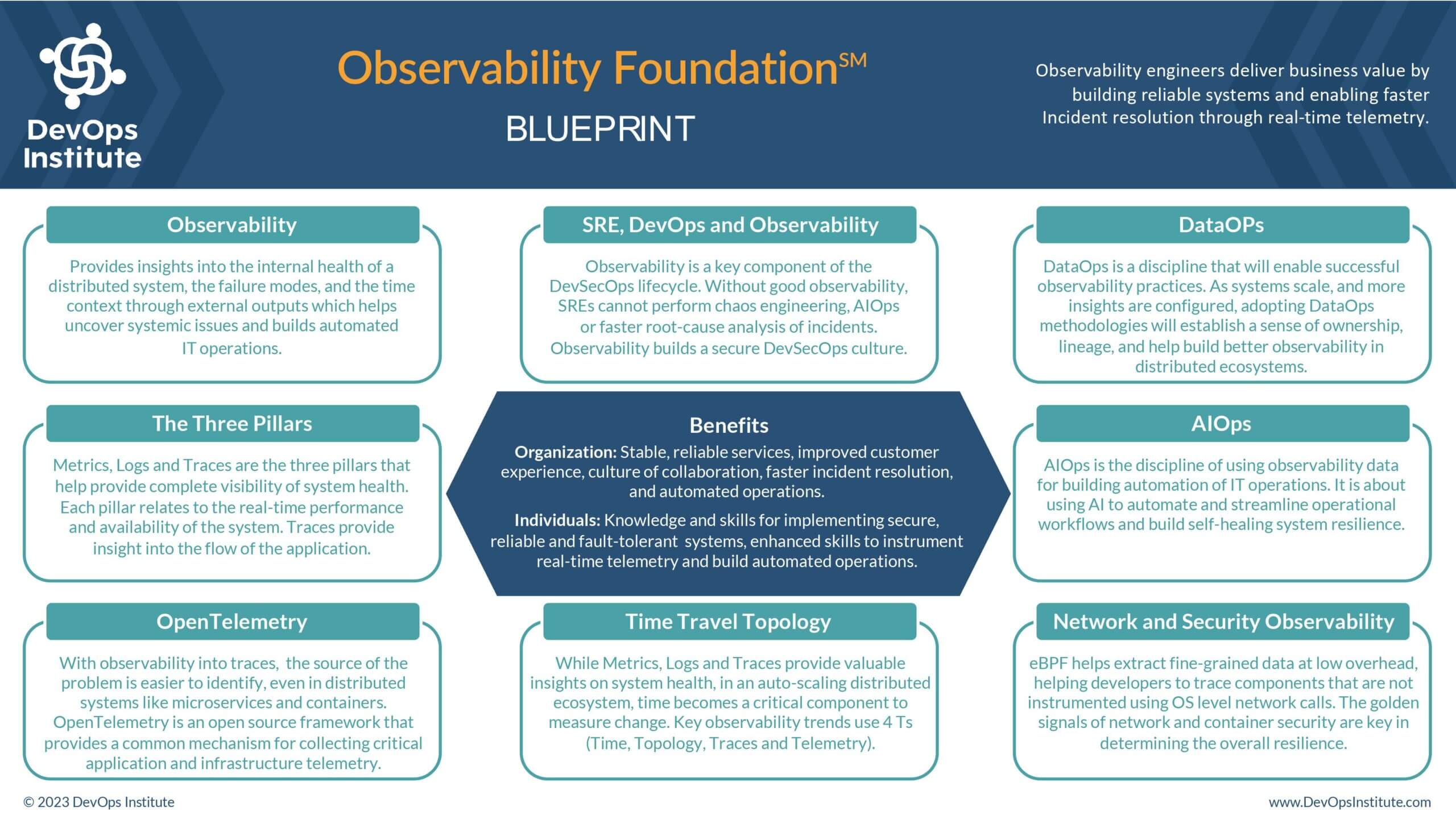
DevOps Institute Certification Pathways
Choose the path that is right for your career.
DevOps Leader
DevOps leaders sponsor, educate, motivate and monitor their DevOps teams.
IT Operations Professional
IT Operations Professional supports software reliability, automation, and more.
SRE Leader
SRE leaders sponsor, educate, motivate and
monitor their SRE teams.
Developer
Developers design, implement, package, test and deploy software.
DevOps Engineer
DevOps engineers automate processes and collaborate with others.
SRE Engineer
SREs use engineering practices to assures services reliability at scale.
DevOps Tester
Testers plan, create, execute, report and
analyze software tests.
Security Engineer
Security engineers collaborate to inform
security practices.
DevOps Consultant
DevOps consultants advise DevOps and SRE strategies and practices.


